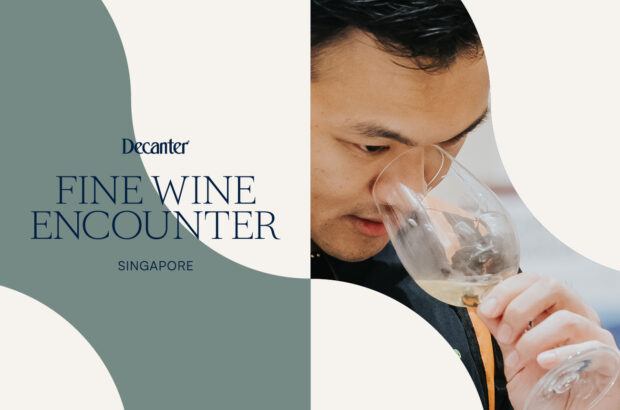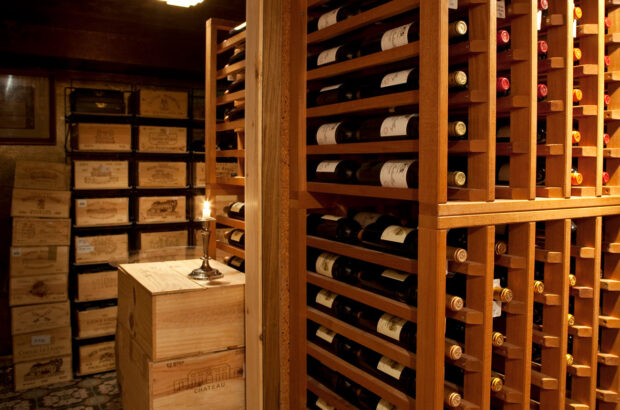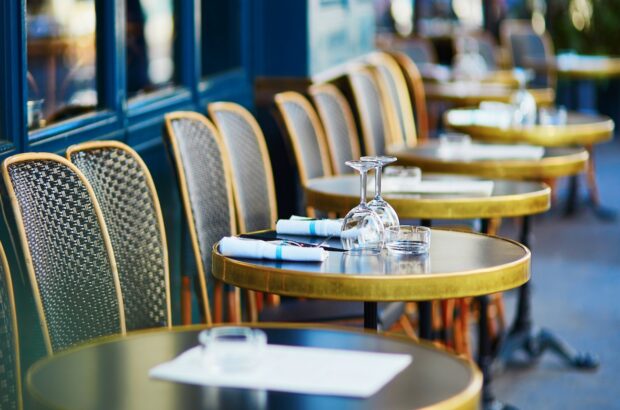Michel Rolland, Bruno Prats and other Bordeaux notables claim climate change may have a positive effect on the region.
At the recent 2008 Climate Change and Wine conference in Barcelona, Prats and Rolland, along with consultant Pascal Chatonnet and veteran oenologist Jacques Lurton, argued that global warming offered possibilities that were not available in the past.
‘The last 10 vintages at Cos d’Estournel have been the best ever,’ said Prats, the former owner of the Medoc 2nd growth chateau.
‘In the 1970s, all the vintages needed chaptalization. In the 1990s, I had to chaptalize, and use reverse osmosis on half of the vintages. Today, none of the vintages need anything.’
‘I think there are great possibilities for Bordeaux,’ said Lurton, ‘though we have to focus on water management and specifically the possibility of allowing irrigation. ’
Rolland contended that it was too early to tell what effect climate change has had so far or to predict its negative impact.
‘The fact that the wine tastes different today than it did years ago can be attributed to many factors,’ he argued. ‘The role of global warming has been overplayed.’
Rolland pointed to better canopy management and advances in science and technology, and not least, to evolving tastes.
‘I know climate change is happening, but it is not affecting how we make wine today,’ he said.
’We have more sugar because we want more sugar. We have silky tannins because we work better in the vineyard and in the winery, removing the greenness.’
To illustrate that ‘it is impossible to isolate global warming’ as the culprit for the prevalence of riper, fruitier wines, or to ‘identify a “global warming” wine’, Rolland and Lurton led a blind tasting of 10 wines from France, Spain and even Belgium.
The 350-odd tasters – representing all areas of the wine industry, and including several Masters of Wine – were hard-pressed to identify grape varieties, let alone countries or regions.
Experts also suggested that winemakers consider reintroducing other permitted varietals to guard against deleterious effects.
‘Cabernet Franc and Petit Verdot have great potential,’ said Prats.
‘And what about Carmenere? It was a very important grape in the Medoc before phylloxera, and makes great wine in Chile. Maybe in the future, it will return to its birthplace. We know Malbec makes great wine in Argentina, so why not bring it back here? I am very confident in the future of Bordeaux.’
Chatonnet said that while the rate of increase in temperatures over the last 20 years – attributable to greenhouse gases – was definitely linked to human activity, winemakers could use technology to manage the problems.
But, he said, ‘the potential combination of less cold winters and hotter summers – and less water in both winter and summer – is what makes it complicated to manage.’
Written by Maggie Rosen





